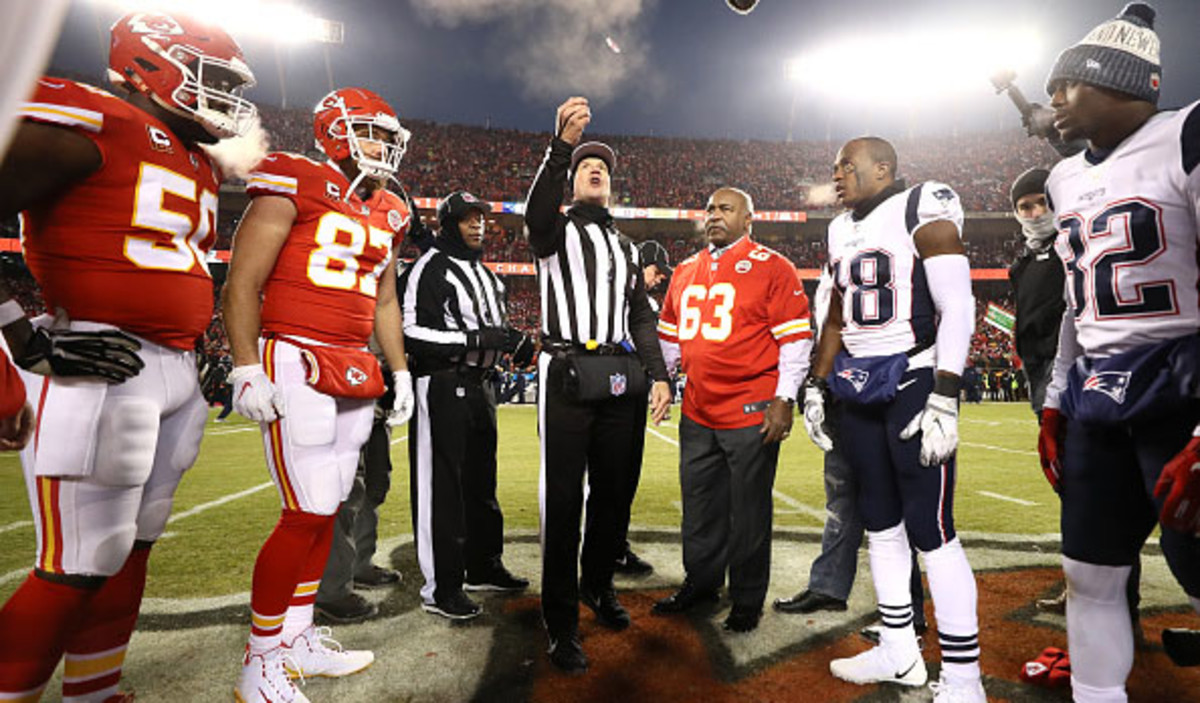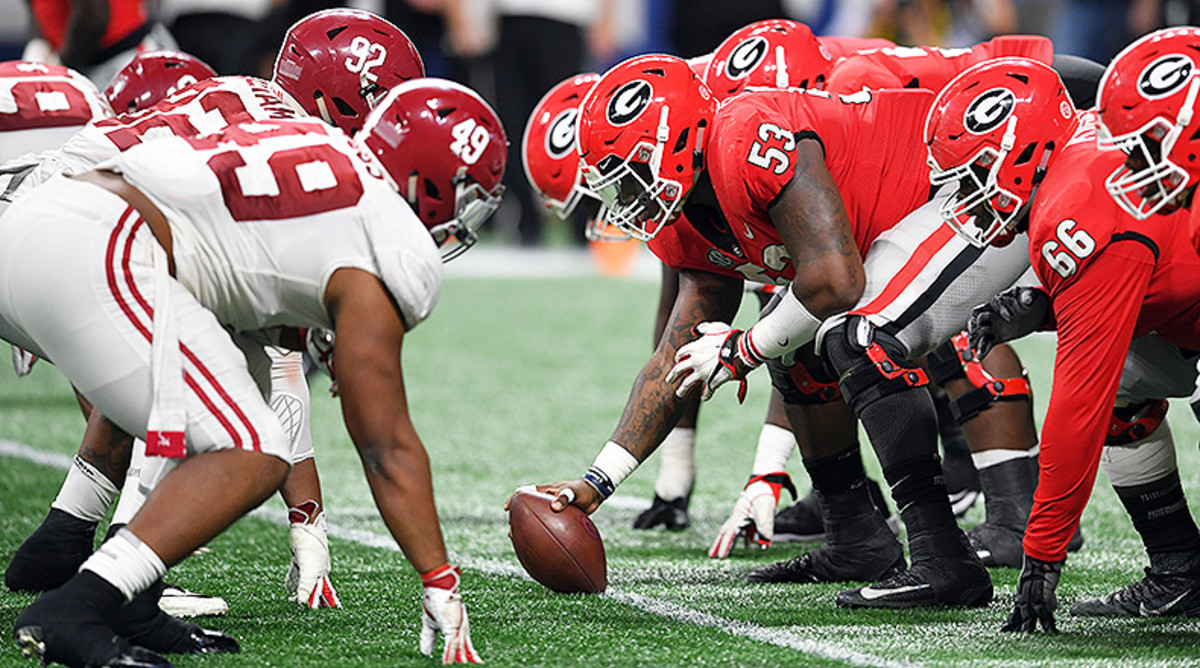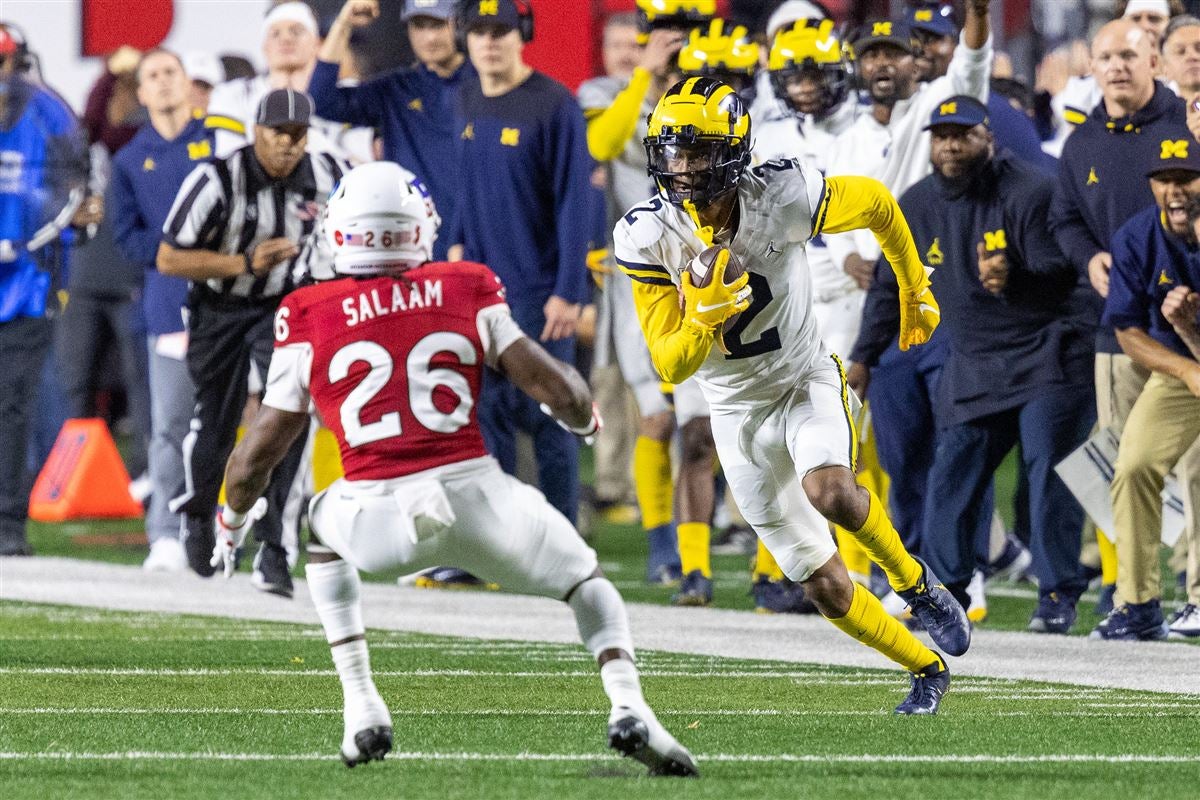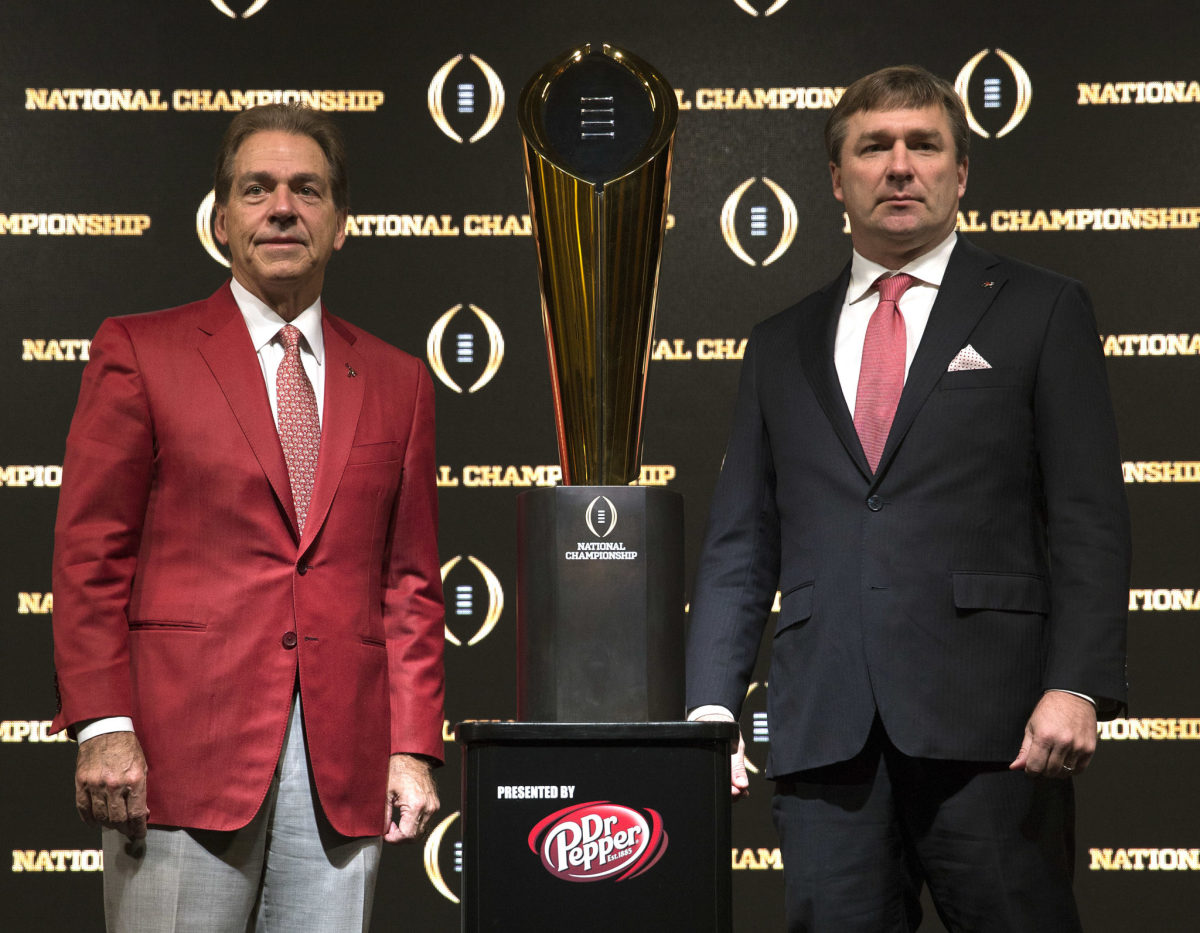49ers' Overtime Decision in Super Bowl Sparks Debate: Did They Make the Right Call?

LAS VEGAS — It used to be that winning the toss in overtime meant taking the ball and having the advantage in football. However, the rules have changed, and now the decision made by the San Francisco 49ers in the Super Bowl is being heavily debated. After receiving the ball and driving for a field goal, the 49ers ultimately lost the game, 25-22, when the Kansas City Chiefs scored a winning touchdown. If the 49ers had known that a field goal wouldn't be enough, they may have gone for a touchdown instead on fourth-and-4 from the 9-yard line.
San Francisco coach Kyle Shanahan admitted that they discussed the possibility of going for a touchdown instead of a field goal, but they lacked experience in that situation. In the past, overtime ended as soon as one team scored, but the rules were changed to allow both teams to possess the ball unless the first team scored a touchdown. This was seen in Super Bowl 51 when the New England Patriots won after scoring a touchdown in overtime.
Recent rule changes now allow both teams to possess the ball in NFL playoff overtime, even if the first team scores a touchdown. This format mirrors college football's overtime rules, where teams alternate possessions. In the Super Bowl, the Kansas City Chiefs had the advantage of going second and knowing what they needed to do. They successfully converted on fourth-and-1 and eventually scored a touchdown to win the game.
Andy Reid, the coach of the Kansas City Chiefs, noted that there is no definitive right answer to whether a team should kick off or receive the ball first in overtime. The Chiefs had prepared to kick off and play defense first if they had won the toss. San Francisco's decision to take the ball can be defended by the potential advantage in sudden death if the game remains tied after each team has had a possession. However, the game never reached that point because the Chiefs won with their touchdown.
Overtime could potentially reach a third possession if each team were to kick a field goal. If both teams were to score a touchdown, the second team could go for a 2-point conversion to prevent their opponent from receiving the ball again. In the Super Bowl, the Chiefs didn't have to worry about that because the 49ers settled for a field goal, and the Chiefs' touchdown sealed their victory.
Chris Jones, a defensive tackle for the Chiefs, revealed that they had prepared for the new overtime rules, planning to give the ball to the opponent and go for a 2-point conversion if they scored. Shanahan mentioned that they wanted the ball third if both teams matched and scored, giving them a chance to win.
Ultimately, the outcome of the game was influenced by Jones, who made a crucial play by forcing an incompletion on San Francisco's last offensive play. His play set up the 49ers for a short field goal, which was not enough to secure a win.



